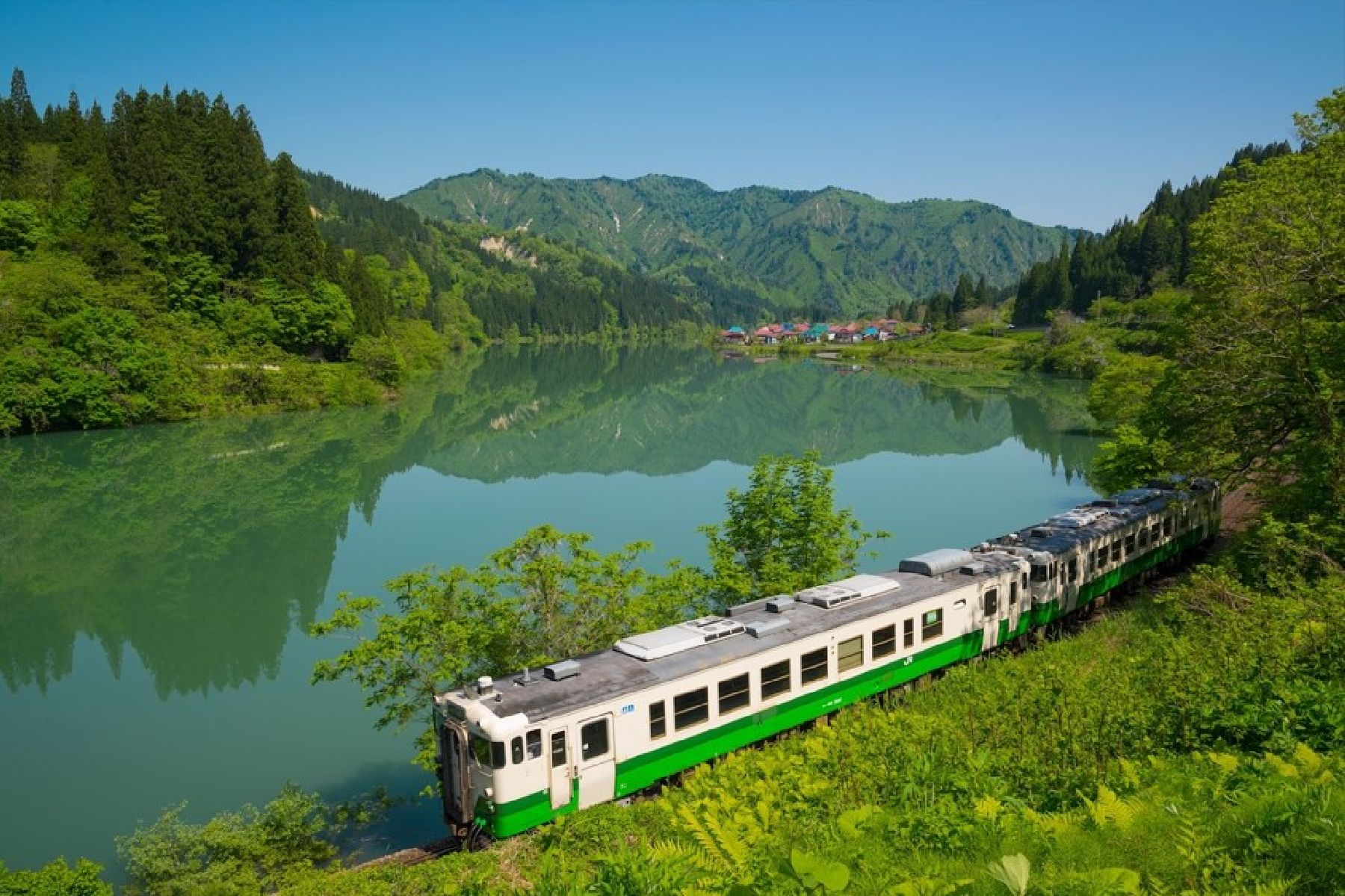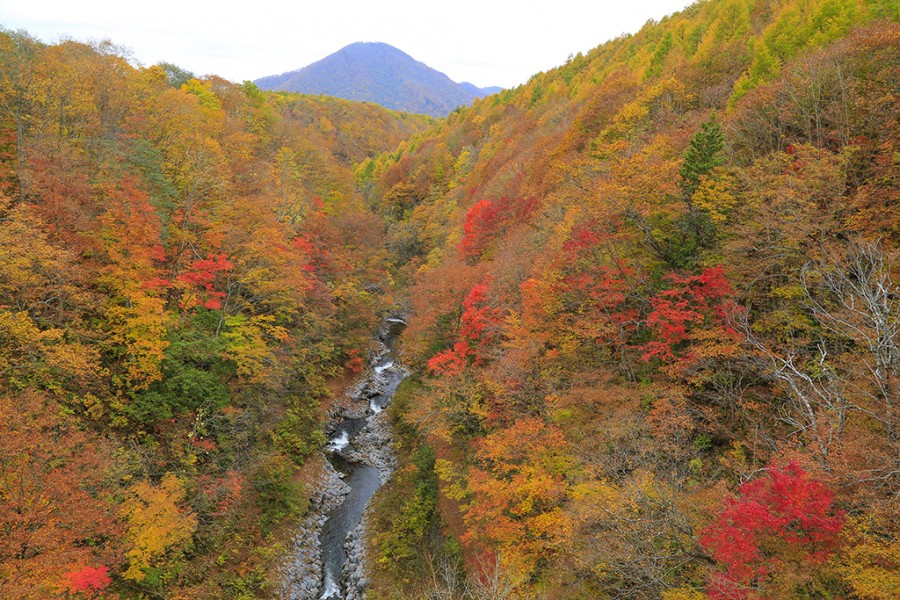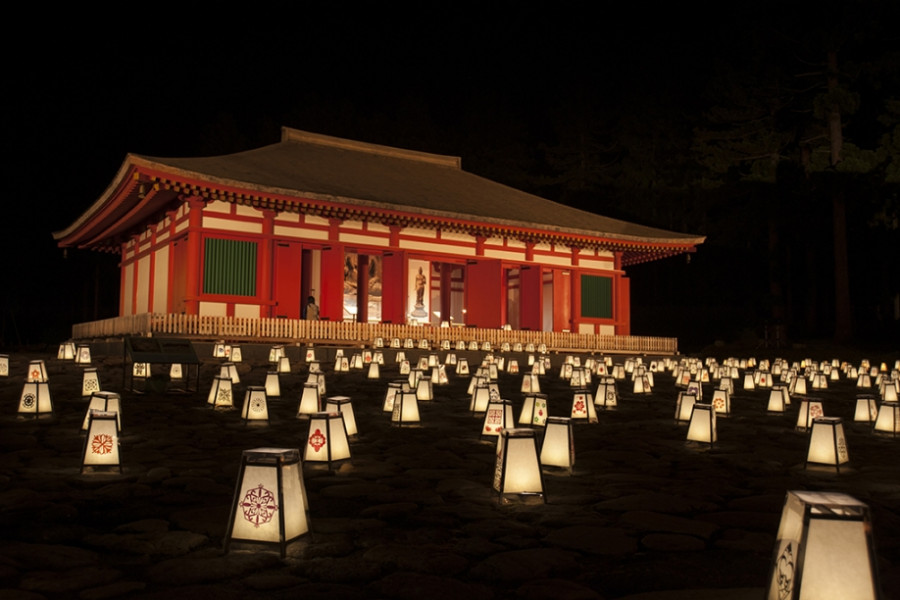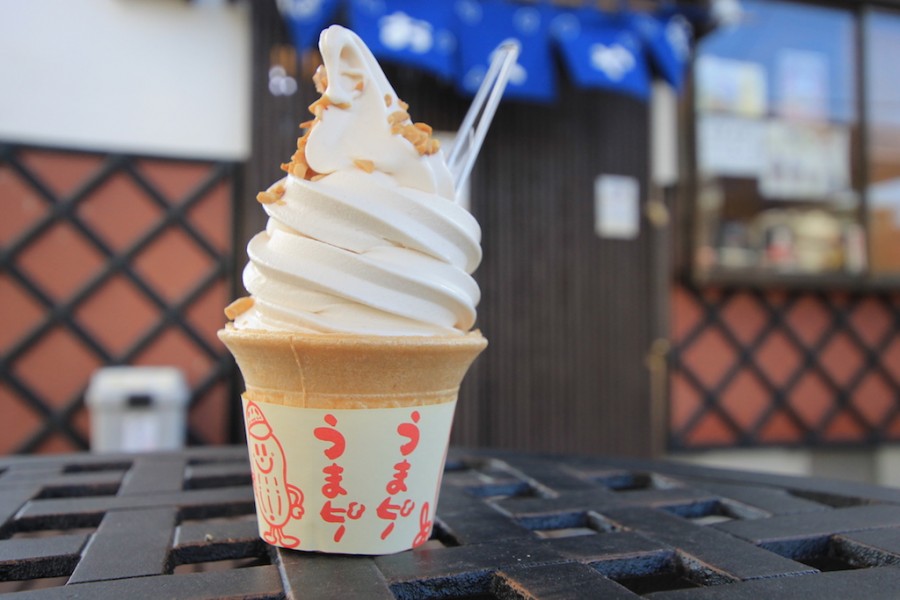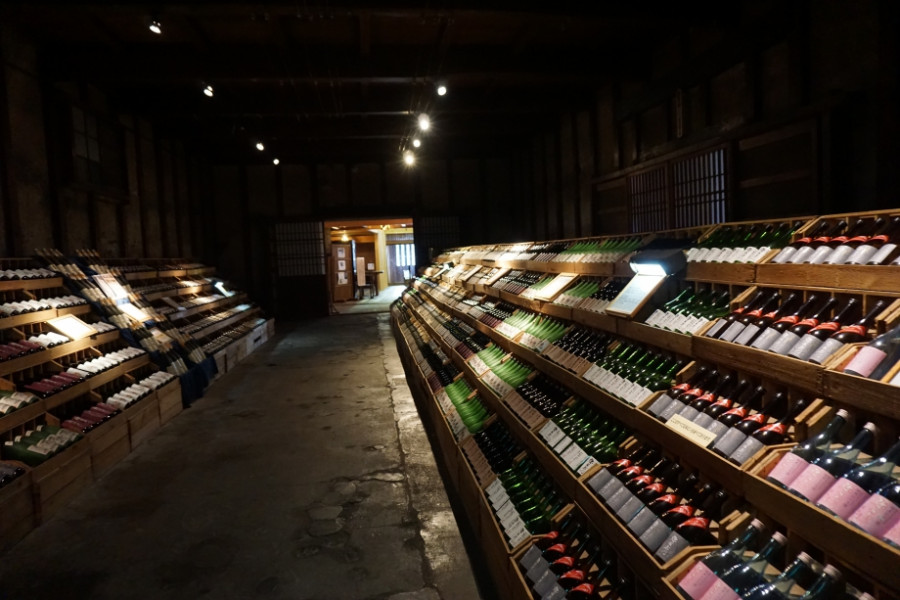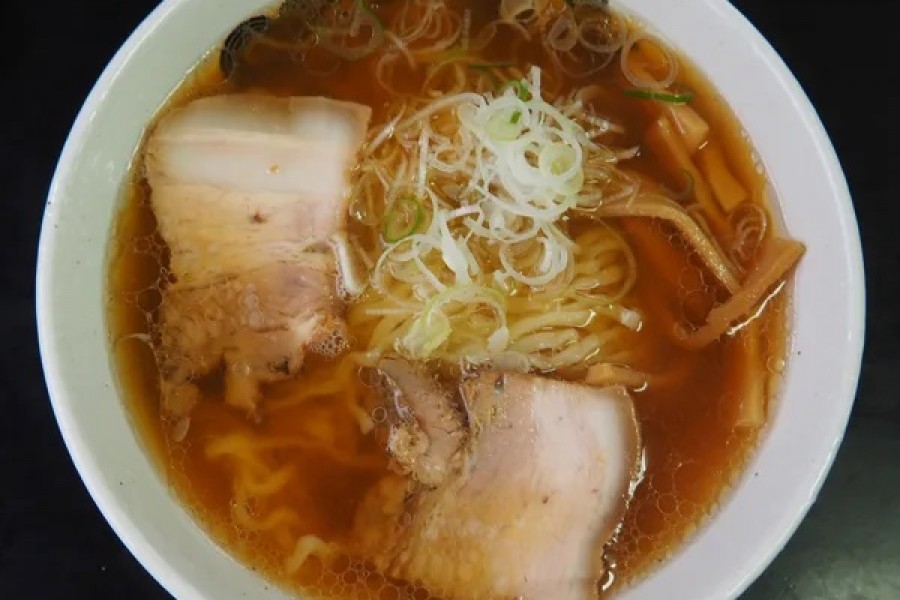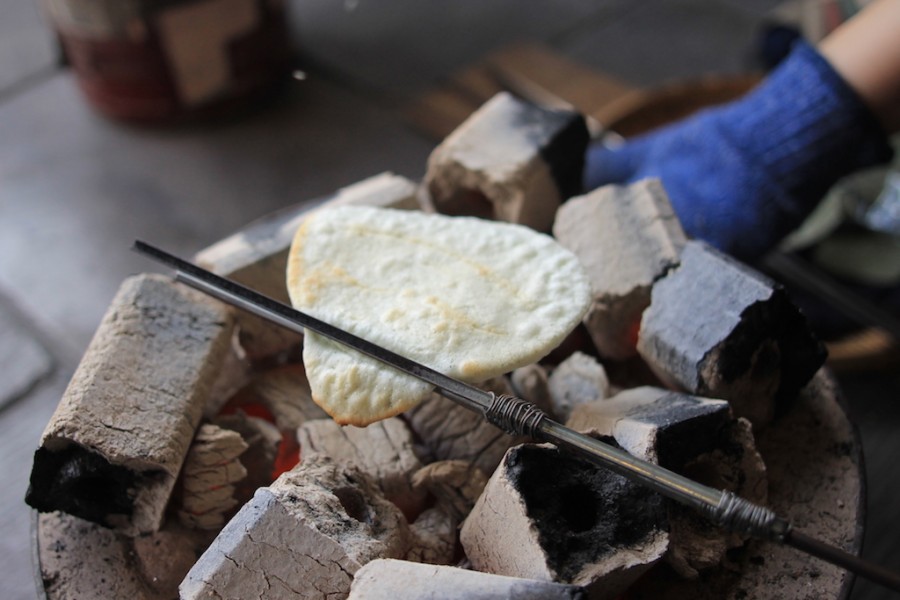Wakaki (若喜商店) is a shop specializing in soy sauce brewing and a historical warehouse in Kitakata City. Both the shop and the warehouse buildings have been recognized for their unique architectural value, and were both designated Tangible Cultural Properties.
.jpg)
The original brick warehouse was built in 1904, and was used both as a residence (second floor) and as a warehouse, as well as a place to entertain guests.
An interesting feature of the building is its fusion of styles: from the outside it has a strikingly Western appearance with a brick facade, but the interior is built in Japanese-style with tatami floors.
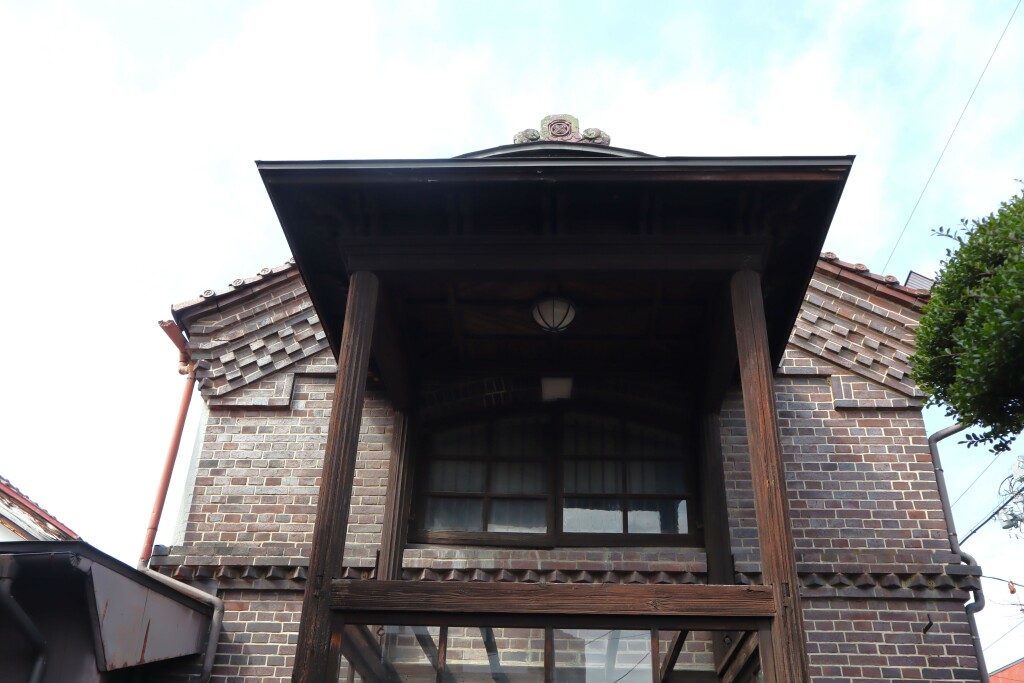
The wood used for the pillars and the main table was sourced from a very rare persimmon tree. The building uses a unique construction method to make it resistant to earthquakes.
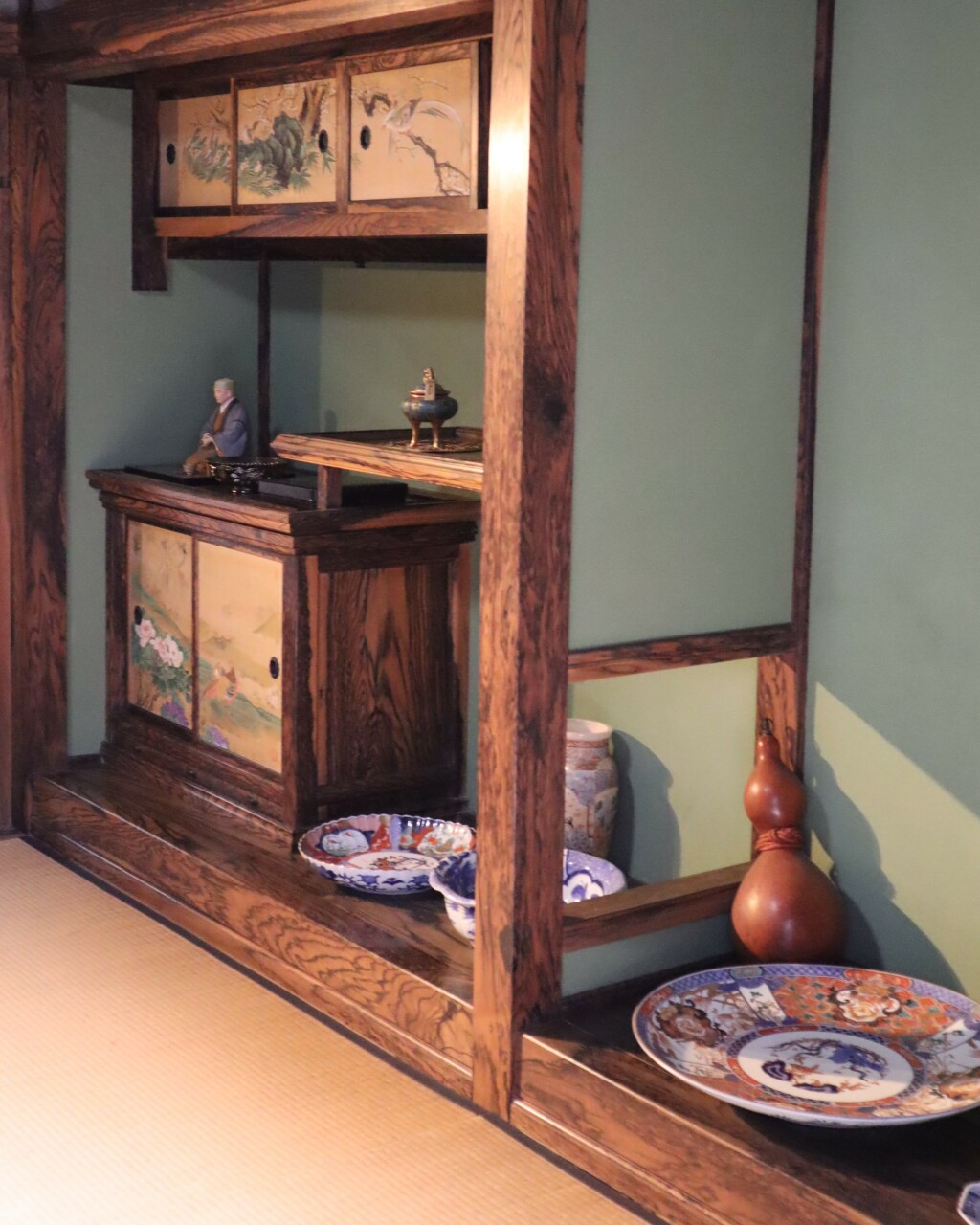
Founded in 1755, Wakaki brews both soy sauce and dashi sauce using traditional methods and locally sourced ingredients. You can get your hands on these unique artisanal products at the gift shop.
The shop building, built in 1931, is also made from the same wood as the warehouse.
From spring to autumn (usually from April to November), a gift store called “Showa Kan” inside the building complex sells rare vintage relics from Japan, like toys, collectable items and postcards. The shop is closed during winter.
.jpg)
The shop also offers ‘akabeko’ painting experiences, in which you can paint your own akabeko (Fukushima’s lucky red cow) by reservation only (please contact the store directly for more information regarding this experience).
Read more information about Kitakata’s kura warehouses here.
.jpg)
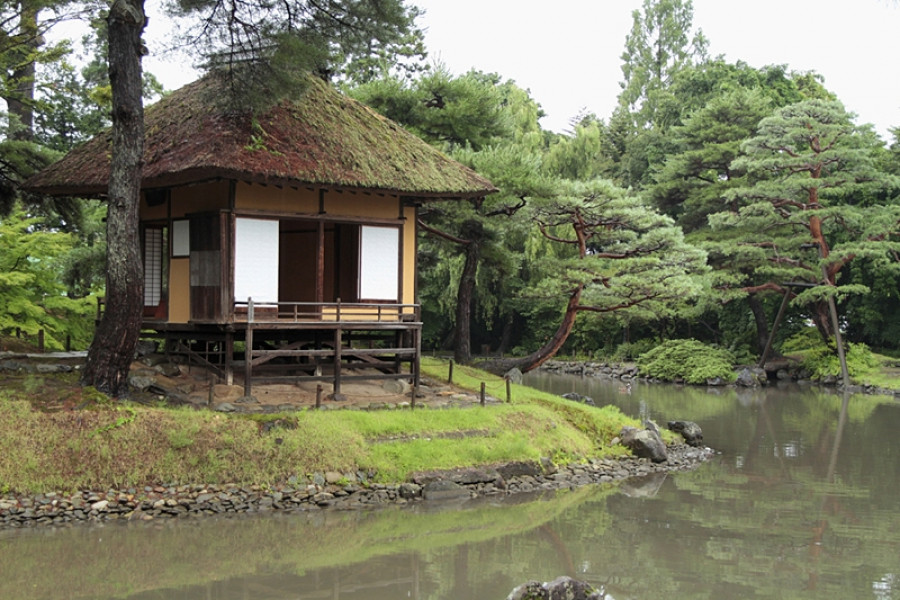
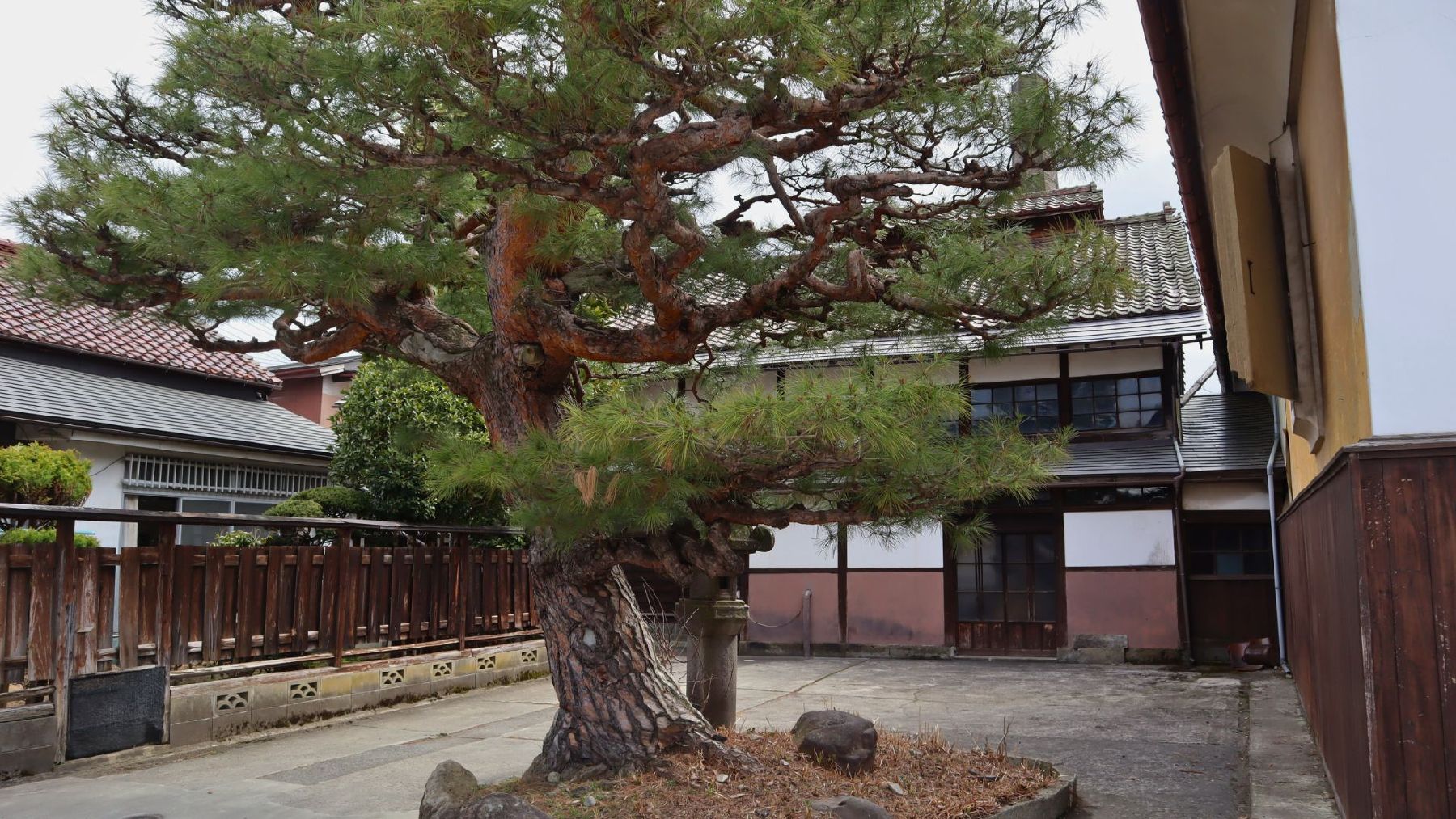
.jpg)


.jpg)
.jpg)
